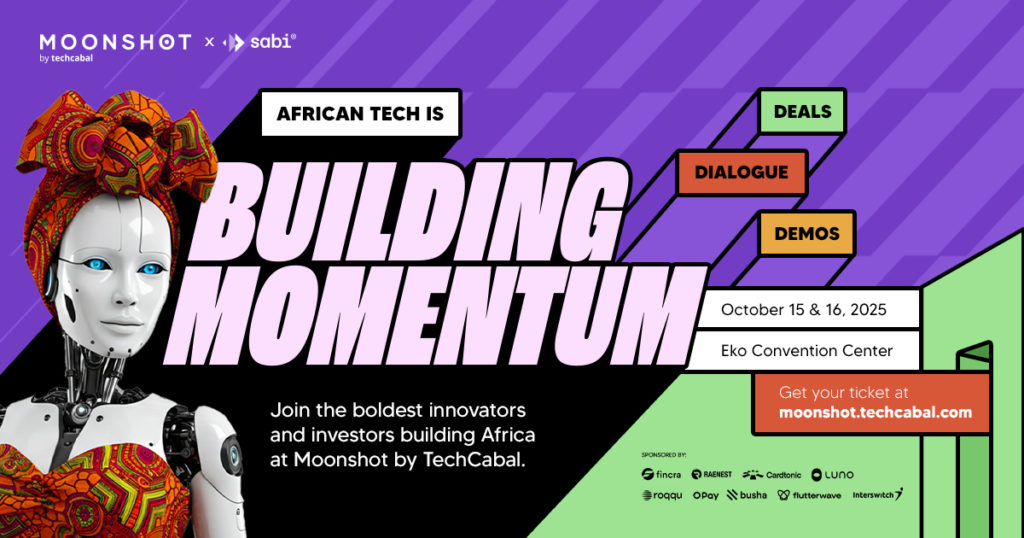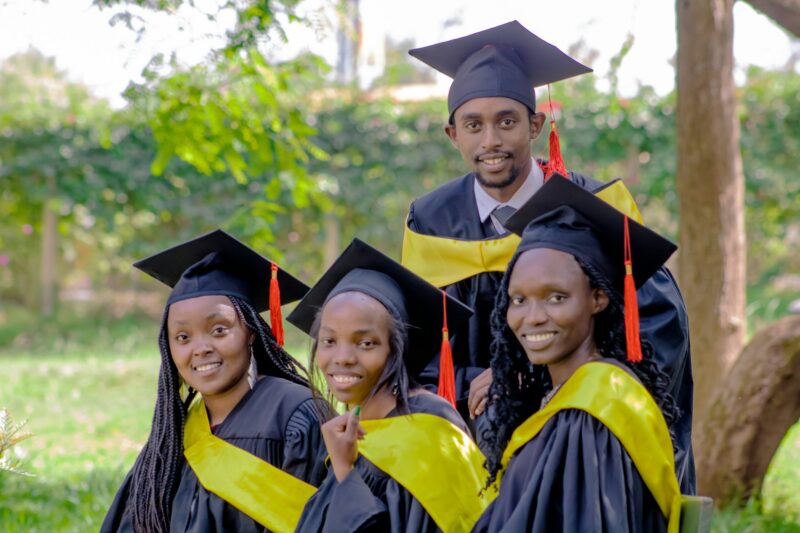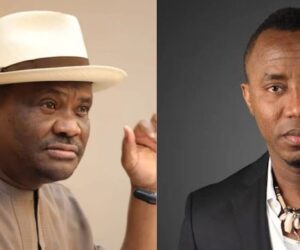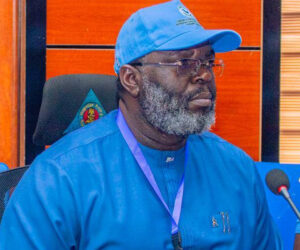Each year, the U.S. issues approximately 140,000 employment-based immigrant visas, mostly for professionals and entrepreneurs who can build companies, advance research, and drive innovation. Africans make up less than 10% of employment-based visas issued by the U.S. annually, despite strong demand from the continent.
AgoraVisa, an immigration consulting firm founded in 2024 and domiciled in Washington DC, sees this imbalance as a problem. To tackle it, the startup is combining technology tools and legal expertise to help Africa’s top talent secure U.S. employment-based visas.
Its mission is to support African talents, including founders, entrepreneurs, researchers, and creatives seeking to work or immigrate to the U.S. It has also begun attracting interest from other global markets.
The firm connects clients with case managers and independent attorneys, while leveraging technology, including a cloud-based document system and artificial intelligence (AI) to assess individual profiles for visa eligibility. It currently processes four visa categories: O1, EB1, EB-2 National Interest Waiver (NIW), and EB3.
Oluyomi Ojo, the team lead, recalls that after moving to the U.S. in 2020, founders and entrepreneurs often turned to him for guidance on navigating the immigration system, and this inspired the launch of the platform.
“We believe that this is a problem that needs to be solved and actually gives Africans and people from emerging markets access to legal immigration, to legally move into the United States,” Ojo told TechCabal.
How it works
Once prospective applicants’ information is evaluated by the AI tool against U.S. visa requirements and other data points, it generates automated recommendations on a client’s eligibility and outlines the most suitable visa pathways for them.
“It asks you a couple of questions about your profile, then tells you to submit your LinkedIn page and other information,” Ojo said. “It matches that with U.S policy manuals and criteria for each of the visa classes, looks at successful cases in the past, and then comes back with recommendations for your eligibility.”
While its AI visa eligibility checks are at no cost, applicants can proceed to book a 30-minute brainstorming call with AgoraVisa’s human experts for $50 to gain deeper insights into their U.S immigration options, timelines, and requirements.
After the initial consultation, applicants who choose to proceed with AgoraVisa are onboarded on its platform and assigned a case manager who guides them through uploading required documents to the company’s cloud system and reviews.
At later stages, independent attorneys step in to provide legal representation, moving the case from document gathering to formal processing.
Once all documents are reviewed, the firm files a petition to the U.S. government, defending the client’s purpose for immigration. All communication takes place on AgoraVisa’s platform, where applicants can also track their progress in real time.
“Your case is fully represented by your assigned attorney, and throughout the entire process, you get all your feedback within the system until your case is approved,” Ojo stated.
Its full-service immigration support comes at a cost, between $11,000 and $15,000, depending on the visa type, covering consultations and legal representation throughout the process. This is the company’s primary revenue stream.
“The future might change, but AgoraVisa hasn’t raised money and isn’t raising money, and it is not planning to raise money,” Ojo added.
He acknowledged that AgoraVisa faces growing competition in the immigration consulting space but declined to name rivals. “I don’t discuss competition,” he said. “Every conversation about competitors is a free ad for the competitors.”
Instead, he stressed that AgoraVisa’s edge lies in its mix of technology, attorneys, and case managers, which streamlines a complex and costly process into a more efficient and transparent process.
While migration demand is global, the company is focusing exclusively on U.S. inbound applicants from Africa, Asia, Canada, the U.K., and other countries. It cited the U.S. position as the world’s largest innovation market and its own expertise in navigating the country’s immigration system as reasons for this focus.
While India, China, Mexico, and the Philippines account for nearly half of U.S. immigrant visas, Ojo said Africa remains AgoraVisa’s top target market. “Africans don’t emigrate enough. If you look at the numbers, you find more people from Canada securing green cards in the U.S. than from most African countries.”
The firm is eyeing other countries with high-immigration flow, including the U.K. and Canada. Still, its priority remains expanding its services into more U.S. visa categories to help more people immigrate to the country.
He believes that the flow of talent into the U.S is not a brain drain, but rather a brain circulation to build global wealth. “Having the right African talent come [to the U.S] to build global products will be a win, not just for Africa, but for the U.S itself.”
Ojo noted that the company has no partnership or affiliation with the United States Citizenship and Immigration Services (USCIS) and that final approval decisions lie with the agency. Even so, he claimed the company had recorded a 99.9% success rate, which he attributed to rigorous case screening and end-to-end support.
He stated that the constant shifts in immigration regulations remain AgoraVisa’s biggest challenge. But the firm adapts by continuously iterating its processes to keep pace with these changes.
Mark your calendars! Moonshot by TechCabal is back in Lagos on October 15–16! Meet and learn from Africa’s top founders, creatives & tech leaders for 2 days of keynotes, mixers & future-forward ideas. Get your tickets now: moonshot.techcabal.com









